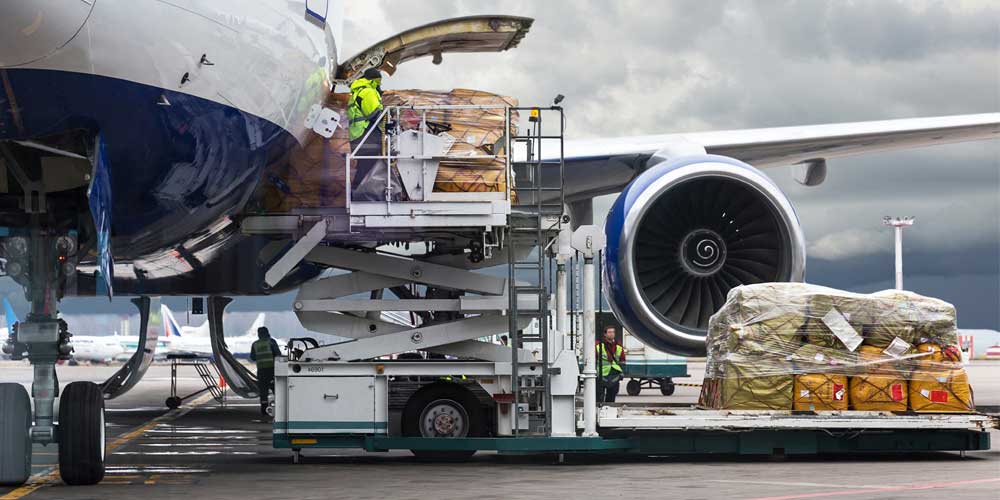
Common Errors When Shipping by Air
At a recent training, the group hosting invited someone from the Federal Aviation Administration (FAA) to come and speak. Throughout the brief discussion, the speaker mentioned things she sees most often while doing site audits. Listed below are a few of the main items. See if you can guess what the officer sees during audits that is not accurate.
- Retention of Shipping Papers: In IATA, the retention of documentation is found in Section 8.0.2.2. According to this section the declaration of dangerous goods “must” be maintained for a minimum of 3 months. There are no state or operator variations attached to this section which may be why people get caught. In United States’ variation USG-01 it clearly tells shippers the document must be maintained by not less than 2 years.
- Error Found: Only 3 months’ worth of documentation can be produced during an audit.
- Use of Technical Names: Entries in the blue pages listed with a star (*) symbol tells the shipper a technical name is needed. Section 4.1.2.1(d) outlines how to determine the name, the number or names, and the type of names allowed. “The technical name must be a recognized chemical or biological name or other name currently used in scientific and technical handbooks, texts and journals. Trade names must not be used.”
- Error Found: The trade name or retail name is listed on the packages and shipping papers.
- Classification: The same 9 hazard classes are used in all transport regulations. The classification of materials into those hazard classes is also the same. However, there are some items that are country specific.
- Error Found: The shipper tried to put an ORM-D package on an air shipment.
- Error Found: A shipper packaged, marked and labeled a bulk package as Combustible under the DOT regulations and then attempted to send it via air where it is not regulated.
- Training Records: There is a very clear listing of what records of training should include. This information is in Section 1.5.5. It includes the employee’s name, the completion month, the name and address of the organization providing the training and some evidence that a test was completed satisfactorily.
- Error Found: The certificate shown to the auditor had no indication of being tested.
- Error Found: There was no address for the training organization.
- Emergency Response Phone Number: Another country specific requirement found in the state variations for the US is specifics for the emergency response telephone number. In USG-12 is the statement, “… the number must be monitored at all times… .”
- Error Found: The emergency response number was disconnected and no longer in service.
These are just a few of the incidents noticed by the FAA inspector. The speaker mentioned her team does checks at all times of the day and night. This is not to “catch” you but to ensure hazardous materials/dangerous goods are being properly handled for transport. Interestingly enough, if your site completes a DOT Form 5800.1, a visit from the FAA is likely.
The point is, review your location and process. Just because you haven’t had a visit in a while or had a package refused doesn’t mean you are in the clear. ICC Compliance Centers offers a variety of auditing services. Contact us today to see how we can help you prepare for your next “visit” from the FAA.






 ICC USA
ICC USA ICC Canada
ICC Canada